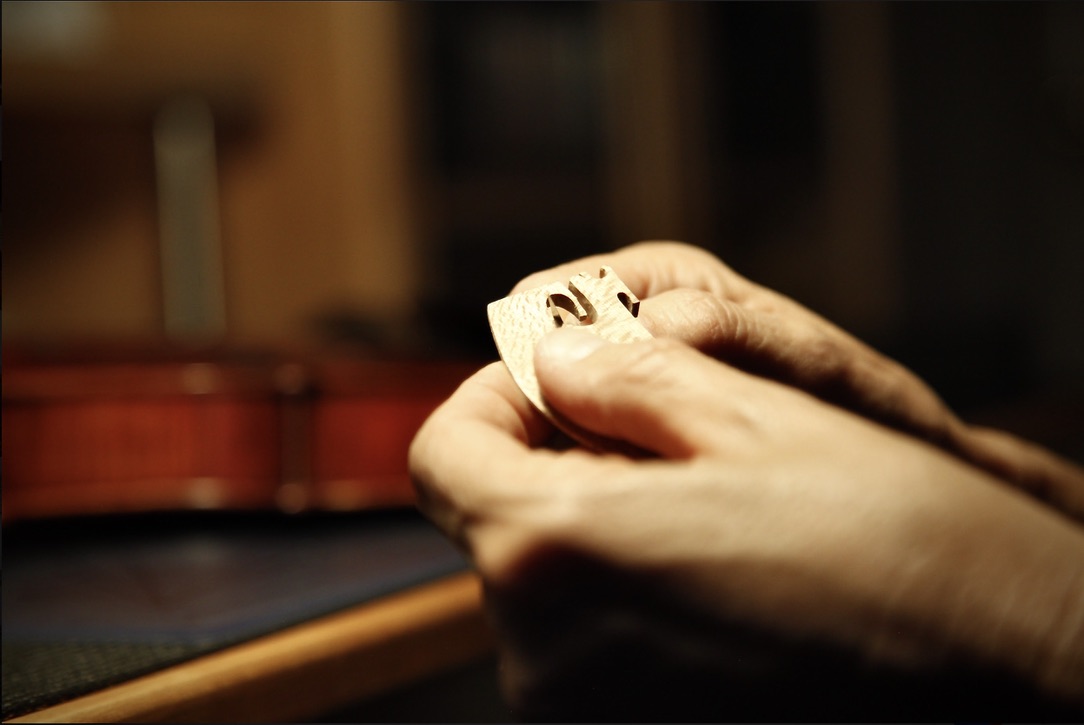
At Cyndi Hall’s Music Studio Every Instrument Matters!
Cyndi Hall’s Music Studio offers a full service repair shop by highly trained professionals who are active musicians within their community. As music professionals, we care about every instrument and, therefore, repair and maintain instruments of all levels – from beginner through professional; and types – string orchestral, woodwind or brasswind instrument. You will also find online care and maintenance education tips to keep your instrument in tip top playing condition.
“I have never heard my instrument sounding so nice.”
Carolyn, Ventura
Your instrument is invaluable, not only to you, but to us as well. Therefore, you can expect our repair team will give it the TLC it deserves.
- Professional Set-up & Servicing
- Quality Repairs
- Accurate estimates
- Affordable Prices
- Excellent Communication
- Free pick-up and delivery for all local repairs.
Note: Prices Vary subject to fitting choices, availability, and Luthier’s discretion. No work will be done without prior written consent from owner.
Play and sound your best! A properly maintained instrument will not only play well, but it will last for years to come. Click on the Link below for videos and tips on proper set-up & maintenance of your instrument.
Know your wood, Know Your “self:” Thoughts based on an article I recently read, Spotlight on Rosewood, by David Schiff
Written by Cyndi Hall
Rosewood – Brazilian rosewood is a “tone-wood often desired by woodworkers and instrument luthiers for its beauty, workability and acoustic properties.” According to the article, the wood is hard, dense yet flexible and easy to shape rendering it highly desirable by luthiers. You can’t mistake its beauty often seen on guitar backs and ribs, violin fittings such as chin rents, tuning pegs, tailpieces and end buttons.
Our Focus
While the focus of his article is much broader than this brief excerpt, what caught my attention was something that musicians need to take note of. According to Mr. Schiff’s article, although rosewood is beautiful, acoustically desirable and easily shaped, the wood and its dust can be “quite irritating” to the skin and sinuses. Some of the symptoms, David suggests, “range from dermatitis to skin lesions, minor sinus irritation to asthmatic-type reactions. In some cases, musicians who experience only minimal exposure to the wood -by way of skin contact with chin rests or fretboards – have developed skin rashes.
Now, this article highlight is not meant to scare musicians away from instruments made with rosewood and rosewood fittings, it is written as a response to Mr. Schiff’s article to inform and empower the user of rosewood and other wood types, species and byproducts.
Your allergic responses may not be — all in your head.
Ebony, the chosen wood for most violin fittings and fingerboards, as well as pernambuco, the wood sought after for violin bow making, may cause similar reactions in those persons who are sensitive. Rosins, made from sap harvested at different times of the year and processed with different metals and other ingredients, are another topic of discussion when it comes to allergic responses. It makes perfect sense given string players breathe in much of the rosin dust as they draw their bow across the strings. Eyes water and noses run, sneezing on occasion to rid our bodies of irritating particles.




